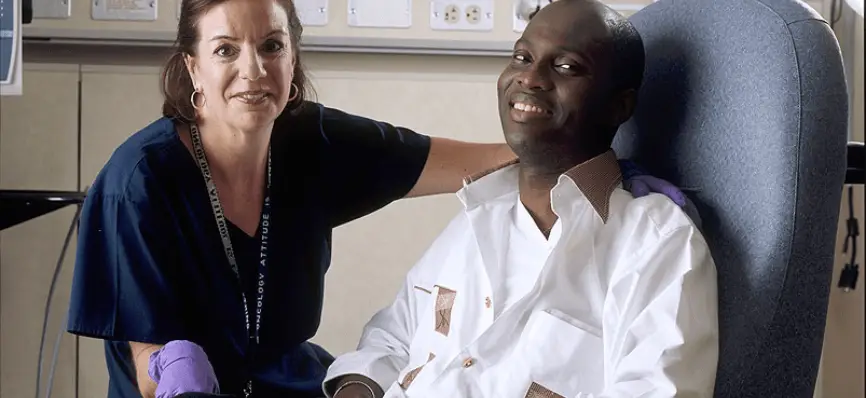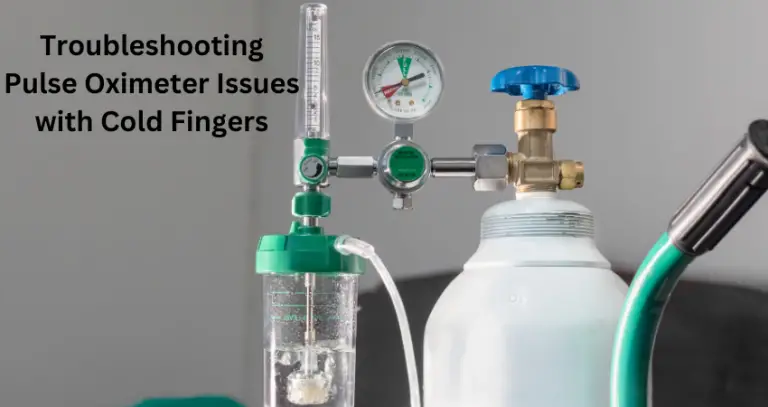Should New Nurse Grads Be Hired in the ICU?

Maria woke up extremely excited. You see, this was her first day on the job as a nurse. Maria had completed her Bachelor of Science Nursing degree, and she had gone on to pass the NCLEX. Maria knew she wanted to work in critical care since here clinical rotations. She knew she absolutely hated Med-Surg because of the number of the nurse-patient ratio.
Maria could not even imagine taking care of 6–8 patients. She knew psych was not for her because of the behaviors of the patients. So when she did her critical care rotation, she knew she has found her niche.
Maria enjoyed having two patients because she could care for them like she wanted to. She could interact with them, and she could teach them about their disease process.
Maria came to work refreshed not knowing what to expect. During her interview, the manager assured her that she would have a 6-month orientation, and she would be paired with an experienced nurse.
Critical Care Nurse Education
There is a push by the American Nurses Association for the BSN to be the entry level. It is estimated that 45%, of all nurses, are Associates prepared. The majority of large healthcare organizations who want the Magnet Status, require a minimum of a BSN to work in their organization.
However, there are some organizations that will hire Associates degree nurses, with the stipulation that they get their BSN degree.
There are some healthcare organizations who are not interested in Magnet Status, therefore, they hire all nurses with all degrees.
The First Week of Nurses Orientation
The first week was hospital orientation. This is where the overall hospital policies and procedures are gone over. Also during this time, the nurse will be exposed to the electronic medical record. The nurse will get her schedule, and they will find out who their preceptor will be.
Once the new nurse gets to the unit, they will be assigned to their preceptor.
Meeting The Needs of the New Critical Care Nurse
I clearly remember when I was a new nurse 29 years ago. I had feelings of fear and not being sure of my self. When I became a nurse, we had senior nurses who were paid to be just preceptors. We had 6 months of theory, and 6 months of clinical experience.
Therefore, when we came off of orientation, we had solid experience and we were ready to work the floor.
Sadly, those days are ancient. The average preceptorship is 4-6 months for a new critical care nurse. I am hearing from my colleagues that sometimes if a hospital is short staffed, they will pull that new grad off orientation early. Say what!
What Can The Critical Care Nurse Do to Make Sure They Have An Awesome Orientation?
You should always come to work at least 10–15 minutes early in order to get your assignments and be ready for the report at your assigned time.
- Make sure you read your patients’ chart and make a note of all the medications that you are not familiar with. Does this sound like nursing school? The learning has just begun!
- You should avoid gossiping and bullying with colleagues. You don’t want to be involved in that.
- Furthermore, you should follow your preceptor’s schedule. I know this may seem like a given, but some trainees are not following their preceptor’s schedule. When this happens, you have to go to different preceptors, and every nurse has a different routine. This will cause unnecessary confusion to the new critical care nurse.
- Get to know your colleagues. As a new nurse, you need to get to know your ancillary support staff. They are there to help you. Whatever you do, please do not belittle them.
Nurse Residency Programs
A nurse residency program program is designed to help the new nurse graduate transition into the clinical role. New nurses account for the highest numbers of nurses entering the nursing profession. Hiring a new nurse graduate is expensive. It is estimated that the cost of training a new nurse graduate is about $80,000. Training new nurses are expensive for hospitals.
Research has shown that nurse residency programs increases:
- Nurse satisfaction rates
- Retention rates
- Nurse’s satisfaction rates
- Increased satisfaction in the orientation process
Critical Care Nursing and What ICU Nurses Need to Know
Critical care nursing is not for the faint of heart. You deal literally with life and death. Often times, the outcomes are not what we expect. I can recall the first time I had a code blue. I was so nervous, I started to cry. I had a wonderful preceptor and she was able to calm me down.
Likewise, I had all the emotions and questions that go along with your first code blue? Was it my fault? Did I give the wrong medications? The key to getting through these emotions is to have a supportive preceptor and supportive co-workers.
If I could give you one bit of advice, it would be to always ask questions if you are unsure of anything. You should never give medication if you are not aware of the medication’s uses and side effects.
Conclusion
I went into critical care nursing as a new grad. However, in today’s time, preceptorship and orientation programs are quite different. When you are interviewing as a new nurse, it is best to ask the recruiter about the orientation process. It is acceptable to ask the recruiter about new nurse graduates retention rates. Remember, you only have one opportunity to be a new nurse graduate!
References:
http://ojin.nursingworld.org

Phyllis Robinson MSN, RN is a Registered Nurse of 27 years. Phyllis is passionate about the prevention and healing of heart disease using traditional and alternative methods. She has experience in emergency room, telemetry, infusion, and critical care. Phyllis currently practices in an intensive care unit.







